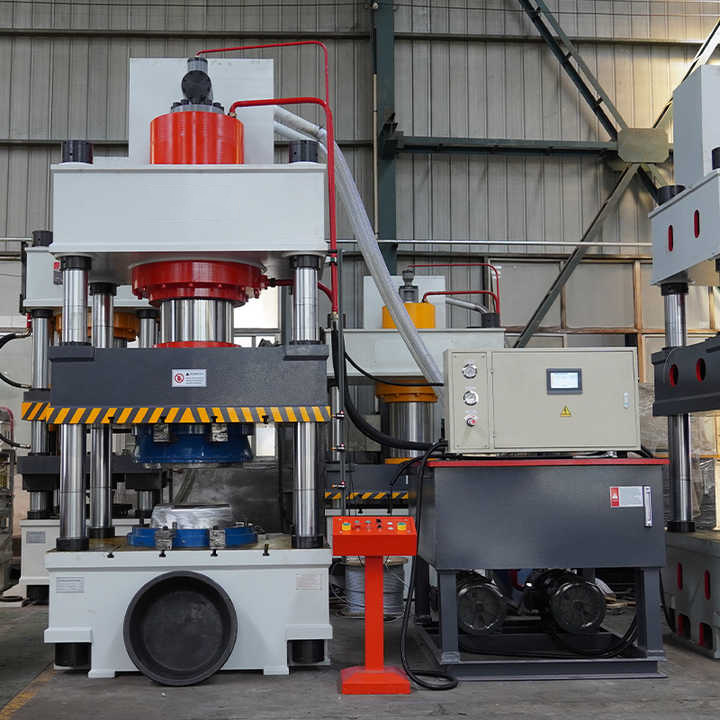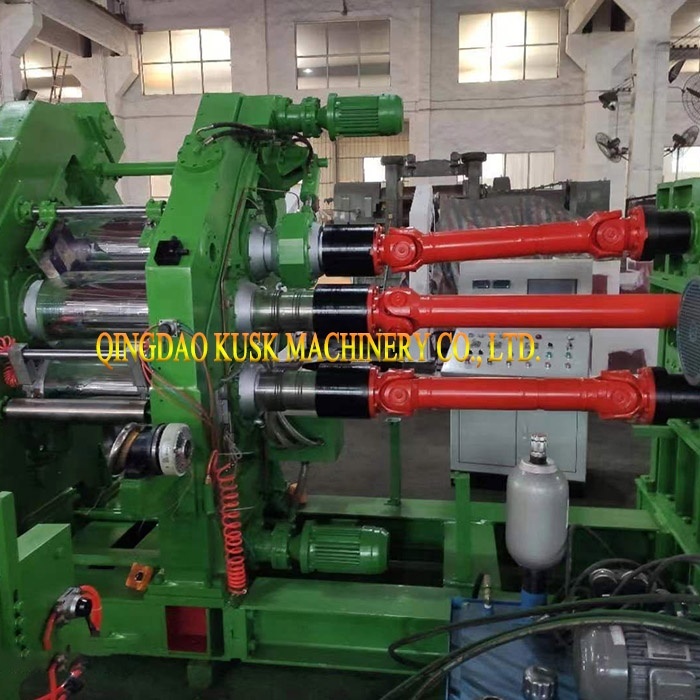Professional manufacturer with the design, development and production of rubber and plastic machinery
Understanding the Functionality and Importance of Rubber Mixing Mills in the Chemical Industry
Sep 08,2025
Rubber mixing mills are essential machines used in the rubber processing industry, primarily designed to blend various raw materials to create a homogeneous rubber mixture. The process of rubber compounding involves the combination of rubber with additives such as fillers, accelerators, and colorants, which significantly influence the final properties of the rubber product. Understanding the functionality of rubber mixing mills is crucial for optimizing production processes and improving product quality.
At the heart of a rubber mixing mill is its two counter-rotating rollers. These rollers facilitate the mixing of ingredients by applying heat and pressure while shearing the materials. The gap between the rollers can be adjusted to manage the thickness of the rubber sheet being processed. Typically, the rollers are made of hardened steel to withstand the wear and tear associated with continuous operation. This robust design ensures that the mixing mill can handle various materials, including natural and synthetic rubbers, along with other additives.
One of the primary advantages of using rubber mixing mills is their ability to produce a consistent and uniform compound. This uniformity is crucial in achieving desired product characteristics such as elasticity, tensile strength, and durability. By ensuring thorough mixing, manufacturers can avoid issues related to uneven distribution of additives, which can lead to defects in the final product.
Additionally, rubber mixing mills can be equipped with advanced technology, such as automated control systems that monitor temperature and mixing time. These enhancements allow for greater precision in the compounding process, facilitating better control over the quality of the rubber mixture. Manufacturers can optimize their production cycles, reduce waste, and improve efficiency, ultimately leading to lower operational costs.
The versatility of rubber mixing mills also enables their use in various applications beyond traditional rubber products. They are utilized in producing tires, seals, gaskets, and even in industries such as footwear, automotive, and consumer goods. This wide range of applications underscores the importance of rubber mixing mills in the broader chemical industry.
In summary, rubber mixing mills are vital for achieving high-quality rubber compounds essential for various applications. Understanding their operation and benefits can help manufacturers optimize their processes and enhance product performance. By investing in reliable rubber mixing mills, companies can ensure the consistency and quality of their rubber products, ultimately leading to greater customer satisfaction and business success.
At the heart of a rubber mixing mill is its two counter-rotating rollers. These rollers facilitate the mixing of ingredients by applying heat and pressure while shearing the materials. The gap between the rollers can be adjusted to manage the thickness of the rubber sheet being processed. Typically, the rollers are made of hardened steel to withstand the wear and tear associated with continuous operation. This robust design ensures that the mixing mill can handle various materials, including natural and synthetic rubbers, along with other additives.
One of the primary advantages of using rubber mixing mills is their ability to produce a consistent and uniform compound. This uniformity is crucial in achieving desired product characteristics such as elasticity, tensile strength, and durability. By ensuring thorough mixing, manufacturers can avoid issues related to uneven distribution of additives, which can lead to defects in the final product.
Additionally, rubber mixing mills can be equipped with advanced technology, such as automated control systems that monitor temperature and mixing time. These enhancements allow for greater precision in the compounding process, facilitating better control over the quality of the rubber mixture. Manufacturers can optimize their production cycles, reduce waste, and improve efficiency, ultimately leading to lower operational costs.
The versatility of rubber mixing mills also enables their use in various applications beyond traditional rubber products. They are utilized in producing tires, seals, gaskets, and even in industries such as footwear, automotive, and consumer goods. This wide range of applications underscores the importance of rubber mixing mills in the broader chemical industry.
In summary, rubber mixing mills are vital for achieving high-quality rubber compounds essential for various applications. Understanding their operation and benefits can help manufacturers optimize their processes and enhance product performance. By investing in reliable rubber mixing mills, companies can ensure the consistency and quality of their rubber products, ultimately leading to greater customer satisfaction and business success.
Hot Tags:
Contact Us
E-mail:
tender701@gmail.com
tender701@163.com
Phone/WhatsApp:
+86 137 9243 6835
Address:
Huangshan Economic Zone, Huangdao, Qingdao,China



